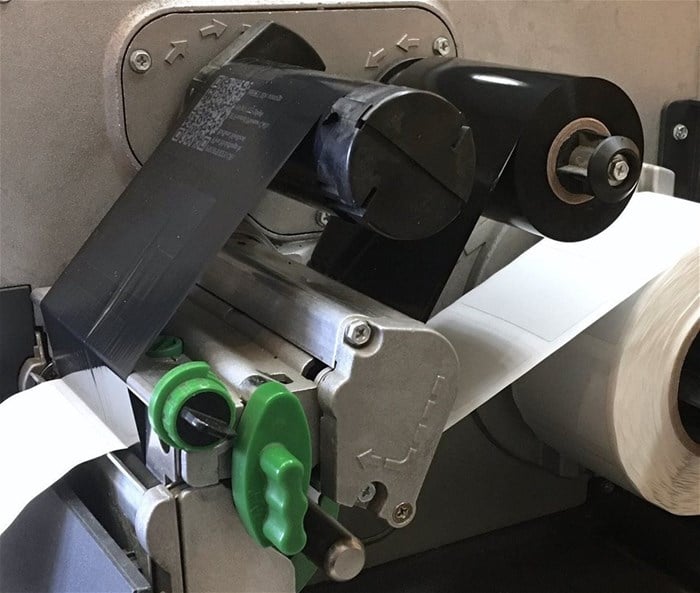
Given the financial constraints faced by many South Africans, consumers have evolved into discerning shoppers with an appetite for products that don’t just offer value but do so without compromising on quality.
It's within this interstice that private labels have found their “sweet spot”.
Studies by NielsenIQ found that the private label sector commands 24.3% (up from 22.8% in 2019) of total basket value sales in South Africa, translating to R71bn in annual sales as of May 2021. Major retailers have also reported robust double-digit growth in sales from their in-house branded products, spanning categories from snacks and sauces to cleaning agents and over-the-counter medicines.
For South African retailers, this growing consumer tendency for private labels isn't just a trend to observe; it's a clear call for action because embracing private labels can unlock a plethora of benefits.
Many modern shoppers, especially in South Africa, are pivoting towards value and uniqueness over mere brand recognition. Such consumer behaviour underscores the quality perception surrounding private-label items. Once considered inferior, many of these products are now applauded for their quality, often rivalling, if not surpassing, national brands.
The autonomy that comes with private-label branding is also unmatched. Retailers are granted the reins of brand control including the shaping of design, packaging, pricing, in-store placement and even promotional strategies.
By diversifying their range of private-label products, retailers have more influence over their product mix. This strategic flexibility enables them to swiftly adapt to shifting customer tastes or market fluctuations.
Dealing directly with manufacturers also leads to two major advantages: cost savings and the fostering of robust, collaborative relationships with suppliers. This direct line can be vital in ensuring product quality, more affordable pricing, and timely adjustments through inventory management.
The culmination of these benefits is the building of a robust reputation. By offering diverse and high-quality private-label products, retailers establish themselves as trusted entities in the market. This trust, combined with a product range catering to diverse consumer needs, results in unparalleled customer satisfaction and loyalty.
South Africa's retail landscape has an untapped reservoir of potential when it comes to private-labelled products. A 2018 study by Statista paints a vivid picture: while private- or white-labelled goods accounted for about 20% of sales for the country's top-tier retailers, this pales in comparison to an average of 31% observed in a select group of comparable nations. In these countries, the leading five retailers dominate with a market share ranging from 70% to 80%.
In this regard, collaboration is the key to success.
The symbiotic relationship between retailers, manufacturers, and other industry stakeholders holds the potential to unlock doors previously unimagined. By pooling resources, expertise, and insights, these entities can craft solutions to existing challenges and pave the way for innovative strategies in private labelling.
Private label branding has gained significant relevance for Chep, with the company specialising in delivering top-tier pallet solutions to a wide array of industries, inclusive of catering to retailers who market their own range of branded products. These Chep pallets are renowned for their robustness and dependability, ensuring the secure transportation of consumer goods.
Employing Chep's shared pallet system not only prevents retailers from needing to invest in and oversee their pallet fleets but also translates into notable cost efficiencies. Through the provision of reliable, readily accessible, and environmentally sustainable pallets, Chep actively fosters the expansion of private label brands and empowers retailers to thrive within the evolving retail landscape.
From niche products, sustainable options, premium ranges, to innovative solutions, the scope is vast and fertile for exploration.
Retailers and manufacturers are faced with a unique opportunity: to harness these evolving preferences, ensuring their offerings resonate with both value and quality. The agile and informed will not just survive but thrive in this new era of South African retail.